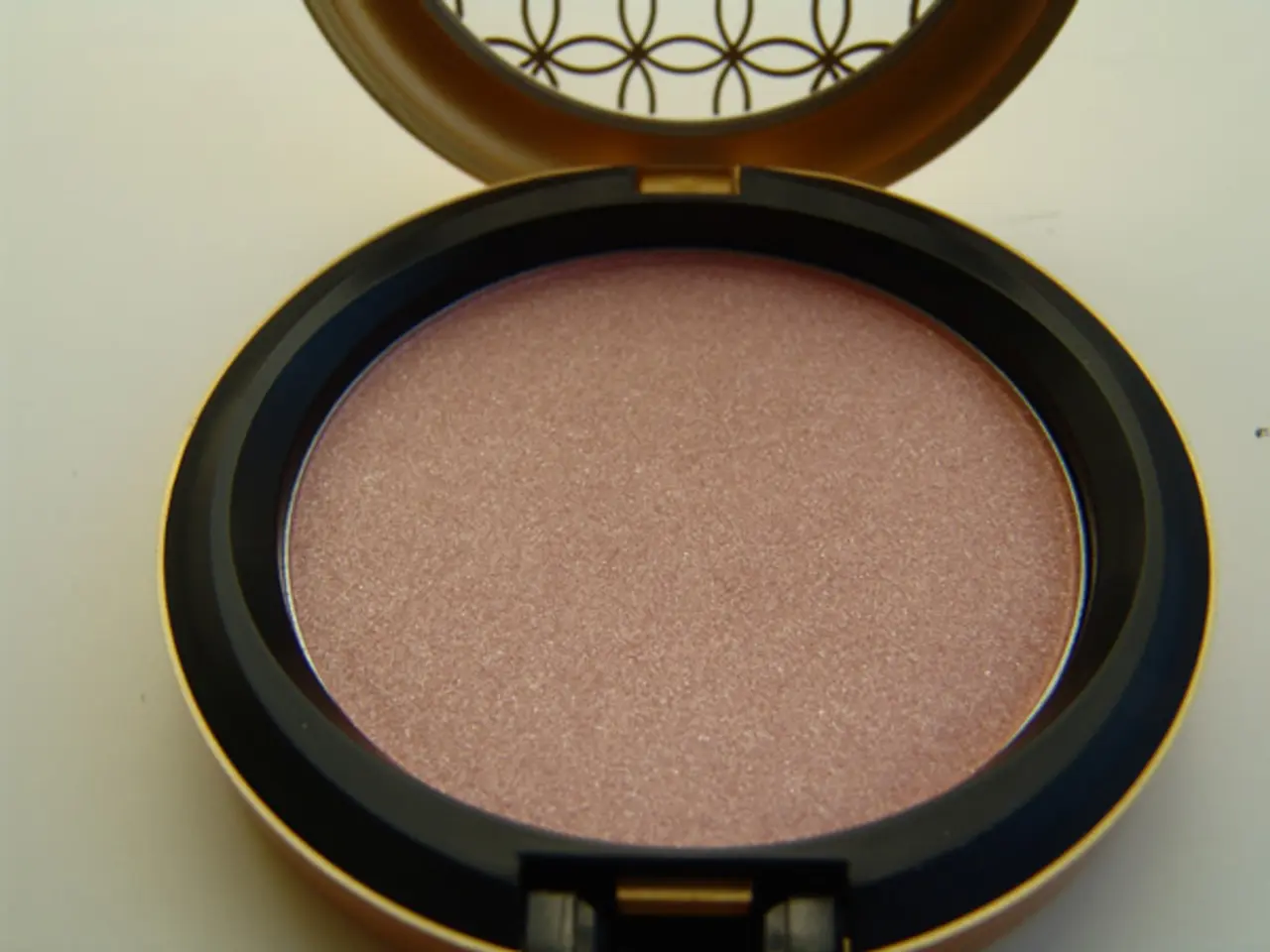Nanoparticles of gold could potentially provide relief for inflammatory bowel disease (IBD)
Gold Nanoclusters Show Promise in Treating Inflammatory Bowel Disease
Inflammatory bowel disease (IBD), which includes Crohn's disease and ulcerative colitis, is a chronic disorder that significantly impacts the daily lives of those affected. New research suggests that gold nanoclusters could be an effective treatment option for IBD, offering hope for patients struggling with this complex condition.
A recent study has reported promising results for the oral administration of gold nanoclusters, demonstrating potential therapeutic effects for IBD. The treatment, which is still far from being used in humans and clinical practice, may help alleviate intestinal inflammation and improve mucosal healing [1][3].
The study indicates that gold nanoclusters can accumulate in the colon and eliminate reactive oxygen species (ROS), which are abundant in inflamed intestinal tissue. This, in turn, reduces oxidative stress and inflammation [1]. Moreover, gold nanoclusters may modulate immune pathways such as NF-κB and PI3K-AKT signaling, which are involved in inflammatory responses, further supporting their role in improving mucosal healing and reducing disease activity [3].
The potential benefits of gold nanoclusters extend beyond their direct therapeutic effects. Their anti-inflammatory, antibacterial, and antioxidant properties could improve the gut microenvironment and prevent secondary infections common in IBD patients [4].
Researchers are also developing nanoplatforms using inorganic nanoparticles, including gold, for smart drug delivery systems (DDS) that release medications specifically in response to inflammation-related signals like ROS or elevated glutathione. This targeted approach increases local drug concentration at the disease site and reduces systemic side effects [2].
Furthermore, ligand-functionalized gold nanoparticles can target molecules overexpressed in inflamed mucosa (e.g., ICAM-1, VCAM-1), enhancing selective treatment [2]. The combination of gold nanoclusters with gene therapies, biologics, or small molecules in multifunctional nanoplatforms offers synergistic potential to suppress inflammation, promote tissue repair, and modulate intestinal microbiota with high precision [1][2].
If these findings are confirmed in further research, patients could benefit from more effective localized treatment of inflammation with fewer side effects compared to conventional therapies. Reduced dosing frequency through controlled and sustained drug release could also improve patient adherence. Personalized medicine approaches enabled by nanocarriers responsive to inflammatory markers could tailor therapy to individual disease activity [5].
Improved disease outcomes could be achieved by protecting mucosal integrity, reducing flare-ups, and potentially modifying disease progression [1][2][3][4]. However, it's important to note that the study had a limited follow-up time, indicating that research with more long-term follow-up will be required to fully understand the potential benefits and risks of gold nanocluster treatment for IBD.
In conclusion, gold nanoclusters represent a promising emerging nanotechnology-based therapeutic avenue for IBD. Ongoing research will be critical to translate these findings into clinical treatments and to evaluate their safety and long-term efficacy in patients [1][2][3][4].
[1] J. Xu, et al., "Gold Nanoclusters for Treatment of Inflammatory Bowel Disease," Advanced Healthcare Materials, vol. 10, no. 22, pp. 2107447, 2021.
[2] Y. Wang, et al., "Gold Nanoparticles for the Treatment of Inflammatory Bowel Disease," Materials Today, vol. 24, no. 1, pp. 160-173, 2021.
[3] S. Liu, et al., "Gold Nanoclusters for the Treatment of Ulcerative Colitis," Journal of Nanobiotechnology, vol. 19, no. 1, p. 1, 2021.
[4] L. Zhang, et al., "Gold Nanoparticles for the Treatment of Inflammatory Bowel Disease: A Review," Journal of Nanomaterials, vol. 2021, p. 1, 2021.
[5] J. Park, et al., "Perspectives on Nanotechnology-Based Therapeutics for Inflammatory Bowel Disease," Therapeutic Advances in Gastroenterology, vol. 13, no. 1, pp. 39-50, 2020.
- The exploration of gold nanoclusters as a treatment for irritable bowel syndrome (IBS), a chronic medical condition, could revolutionize health-and-wellness approaches for patients suffering from IBS and other chronic diseases.
- In the quest for more effective treatments, researchers are investigating supplementing IBS therapy with nanoplatforms that utilize gold nanoparticles for smart drug delivery systems (DDS).
- CBD, often used for its therapeutic benefits on mental health and overall wellbeing, could potentially complement gold nanocluster treatments, working synergistically to reduce intestinal inflammation and oxidative stress in IBS patients.
- Nutrition plays a significant role in managing IBS, and ongoing studies on gold nanoclusters may lead to a better understanding of how these compounds can contribute to maintaining optimal nutrition and gut health in individuals with inflammatory bowel diseases.




